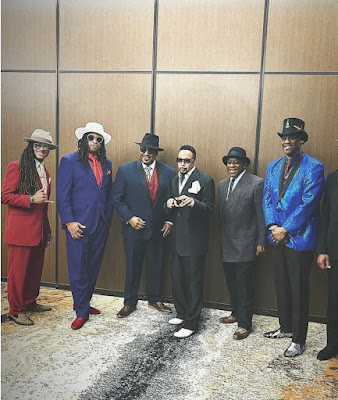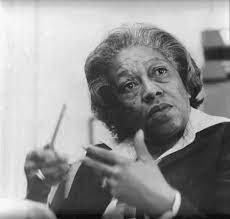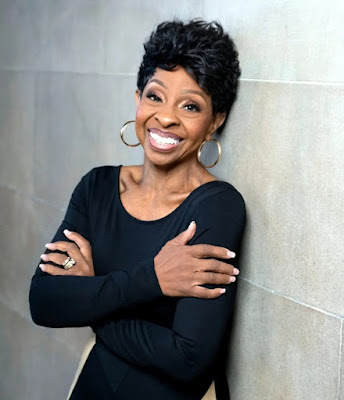March 20, 2023 Black Cyclists
Marshall "Major" Taylor
The Major Taylor Project is named after American cyclist Marshall “Major” Taylor (1878-1932).
Marshall “Major” Taylor is a Black athlete and cycling legend who was one of the greatest bicyclists of his era, setting numerous world records and winning a World Championship and multiple national championships--all while battling racism throughout his career from the late 1800s to early 1900s. He was an international superstar whose superhuman exploits were as well-known in his era as LeBron James or Michael Jordan are today.
As the bicycle industry and cycling community turn their attention to the Black Lives Matter movement and the racial injustices Black people continue to face more than 150 years after the Emancipation Proclamation, the story of Marshall “Major” Taylor, “the fastest man in America,” is more relevant now than ever.
Born in 1878, Taylor was a powerful sprinter who established numerous world records in races covering distances from a quarter-mile to two-mile in 1898 and 1899. While he raced on roads as well, Taylor excelled on the velodrome tracks that once existed across the country. Hailed in newspapers as the “Black Cyclone,” Taylor entered the history books as the first Black American to become a cycling world champion when he won the sprint event at the 1899 World Track Championships. He then traveled around the nation and world to race against and beat the world’s best riders in the early 1900s.
Many books have been written about Taylor, who despite his athletic achievements, remains unknown to many. The authors of “Major Taylor: The Inspiring Story of a Black Cyclist and the Men Who Helped Him Achieve Worldwide Fame,” called him “the fastest man in America and a champion who prevailed over unspeakable cruelty.”
In 1928, Taylor published an autobiography whose title, “The Fastest Bicycle Rider in the World: The Story of a Colored Boy's Indomitable Courage and Success Against Great Odds.” In the book, Taylor wrote that he had no other Black athletes to offer him advice and "therefore had to blaze my own trail."
Taylor had to cope with overt racism and prejudice throughout his life and cycling career. Some track owners banned him from competing at their venues, and Taylor was sometimes jeered and heckled by white spectators. He was banned from joining some white cycling clubs. Worse yet, he often complained of being elbowed and physically hit by competitors in an effort to block or slow him down, and at other times he was physically attacked, had nails thrown in front of his tires, and received death threats.
Born in 1878 in Indianapolis, Indiana, Taylor retired in 1910 at age 32. In his autobiography, he cited the mental strain of battling racism in competitive cycling as one reason for his retirement. Despite his racing success and countless achievements, he was forced into poverty in his later years and died of a heart attack in 1932 in Chicago.
In recent years, efforts have been made to revive Taylor’s story and introduce it to younger generations. In addition to the Major Taylor Program at Cascade Bicycle Club, Taylor’s name is now celebrated with memorials and historic markers. The Major Taylor Velodrome in Indianapolis and Major Taylor Boulevard in Worcester, Massachusetts, are examples of these tributes.
Taylor’s story has also been celebrated in film, including a recent ESPN short, “The Six Day Race: The Story of Marshall 'Major' Taylor.” The film focuses on Taylor’s big career turn when he went from a locally known racer to a nationally known figure, completing the grueling Six Day Race and defying racists who said a Black man lacked the skill and fortitude to succeed in such a torturous event.
Taylor's story resonates to this day because it illustrates the overwhelming obstacles Black people must overcome to succeed. More than 70 years after Taylor's death, the bicycle industry and cycling community in America remain overwhelmingly white. Bicycles are incredible machines with the power to transform lives, communities and society. It is time for the cycling community to end the structural racism that exists within its ranks, and to use its influence to fight for economic and racial equality in society at large. The Major Taylors of today and tomorrow should not have to wait any longer.
.jpeg)



Comments
Post a Comment